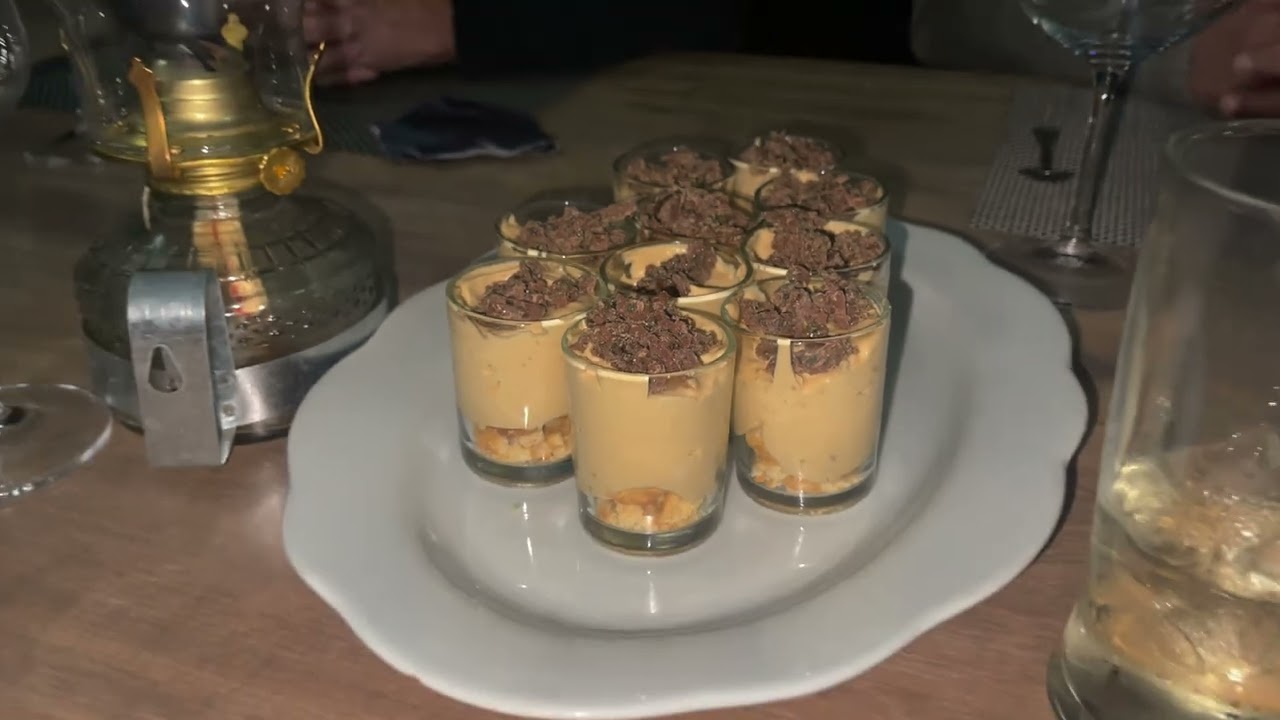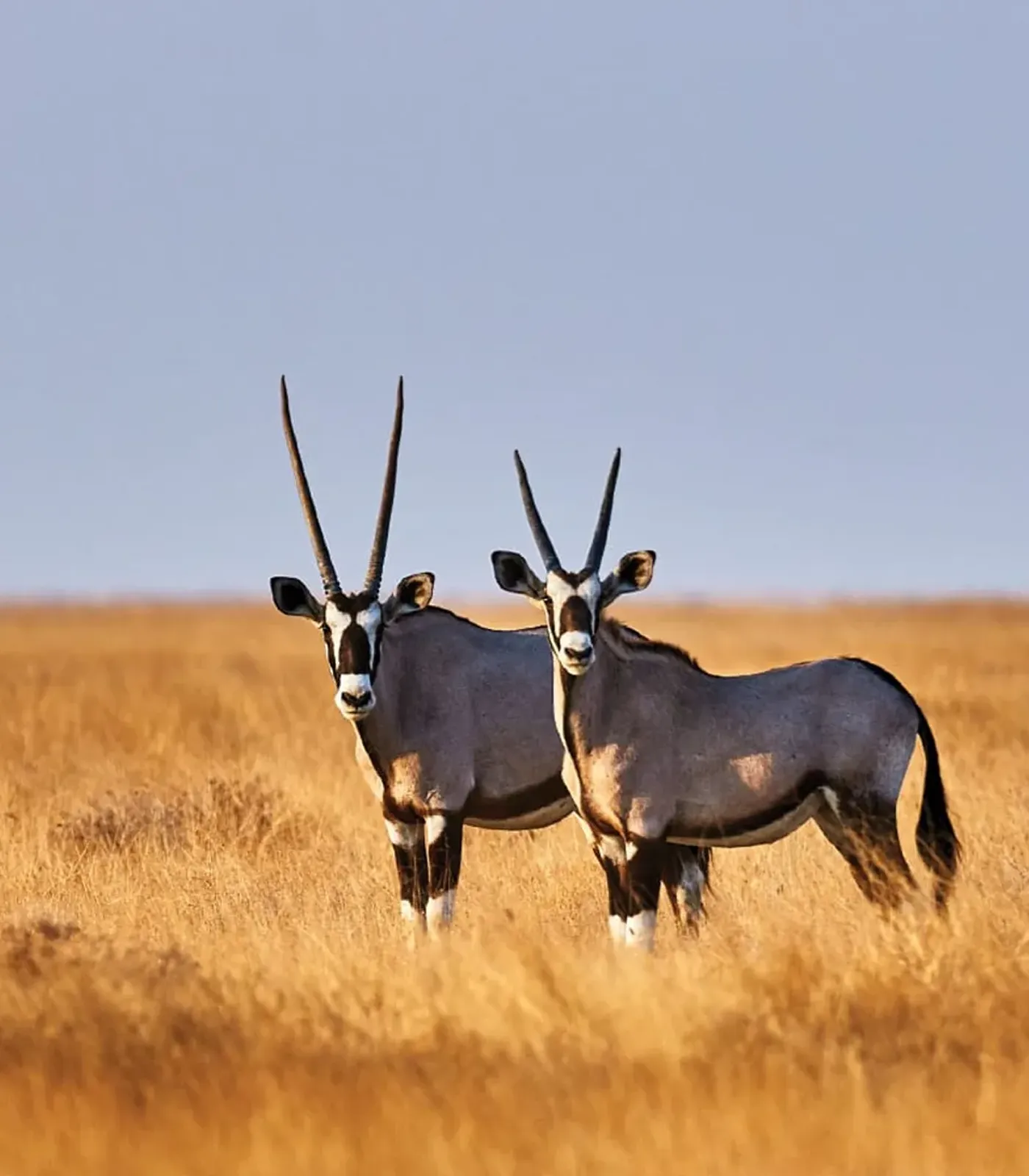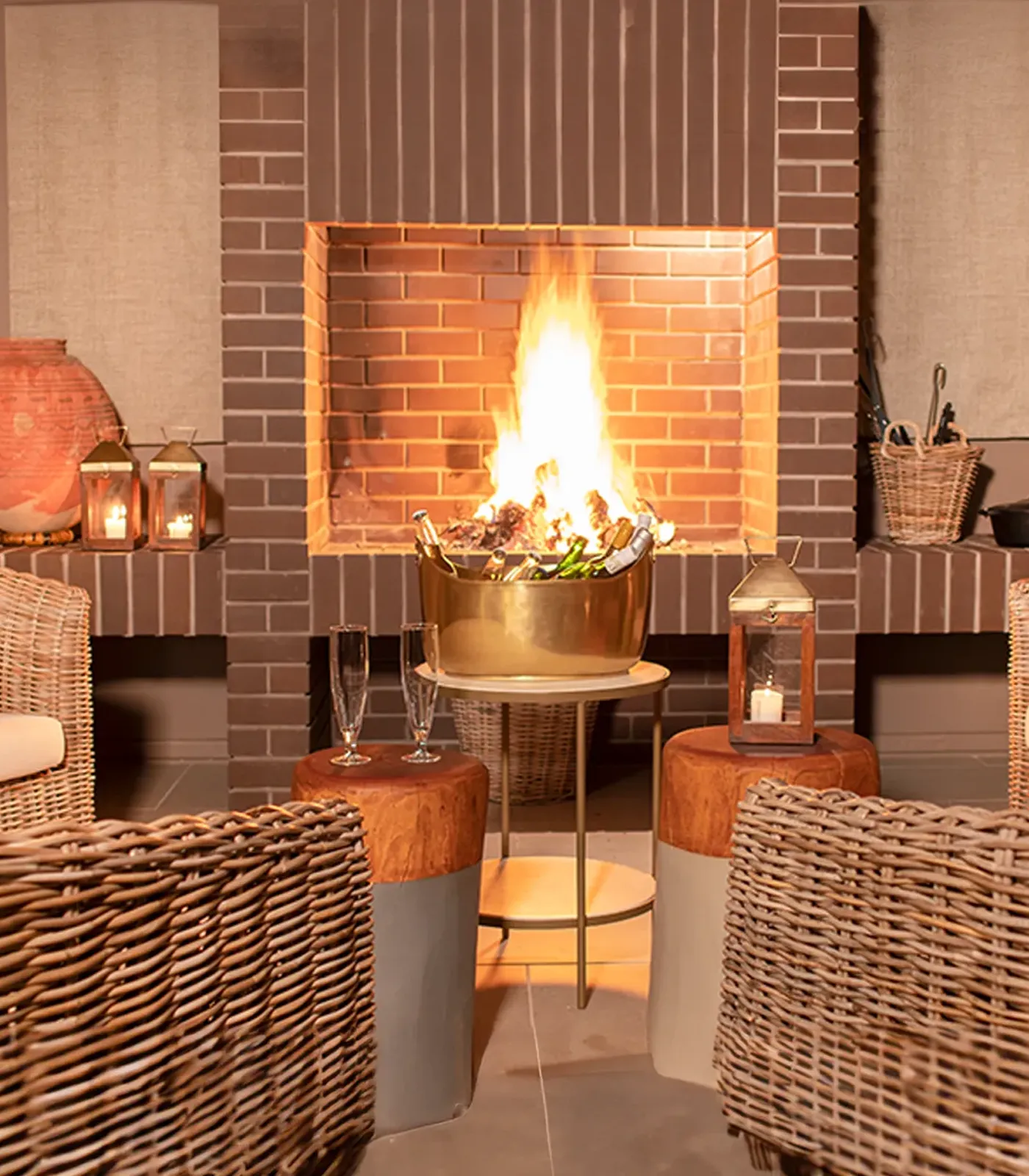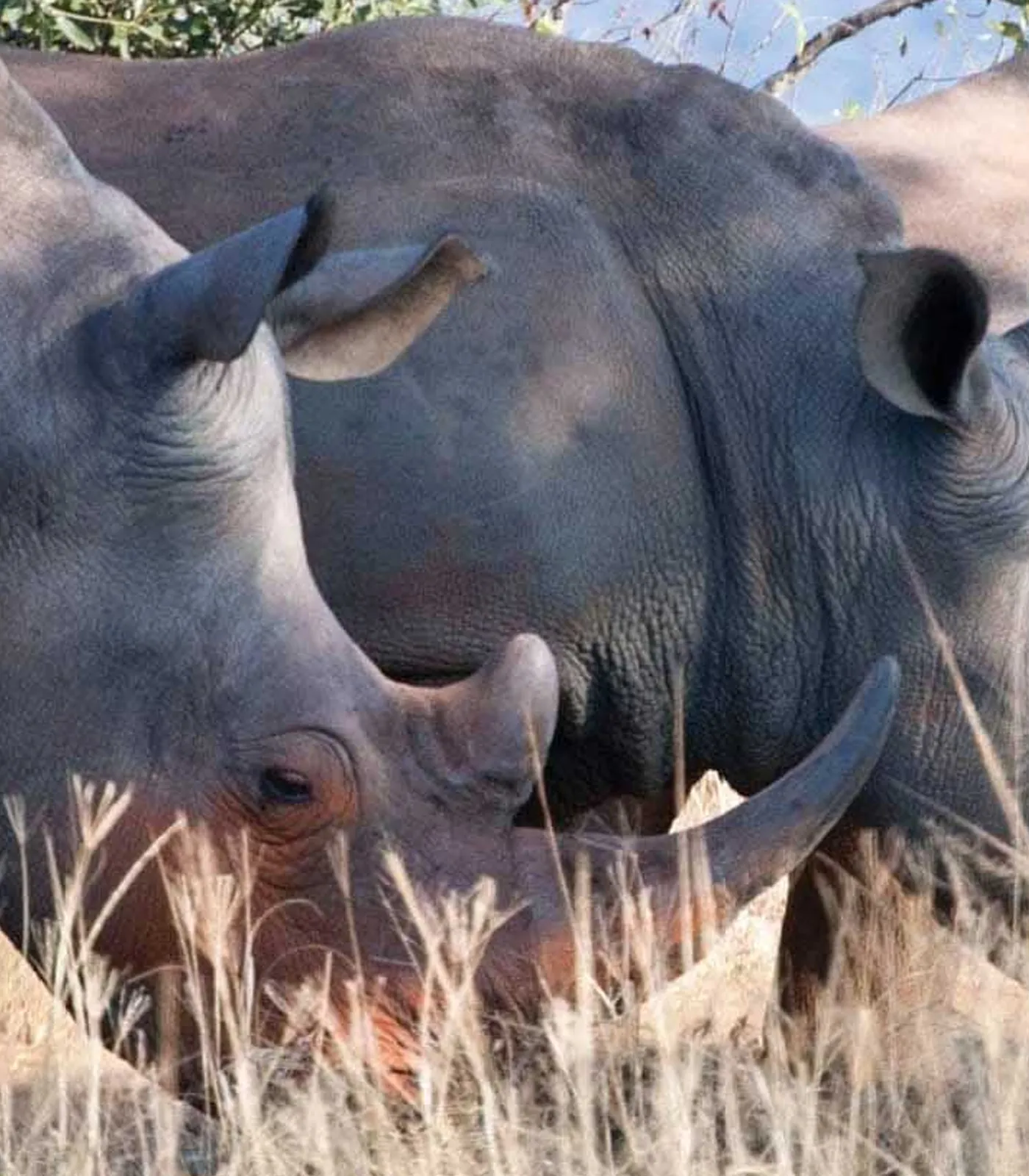
Lodge Chef Interview: Culinary Safari Insights | Avula Safaris
A safari is about more than wildlife and wilderness—it’s about the full experience. And at the heart of that experience is food. Behind every perfectly grilled game fillet, every fresh bread roll, and every decadent dessert, there’s a chef who brings passion and creativity to the bush kitchen. We sat down with one of Avula Safaris’ lodge chefs to gain insight into what it’s like to craft fine dining experiences in the middle of the wild.
1.
Cooking in the Bush: A Unique Challenge
When asked about the biggest difference between a safari lodge and a city restaurant, our chef laughed: “Out here, your pantry is the bush. Logistics are key. You plan carefully, you adapt constantly, and you make sure every guest feels like they’re dining in a five-star setting—even when elephants are walking by the fence.”
Fresh ingredients often have to be sourced from nearby farms or delivered in bulk. The challenge, our chef explained, is maintaining quality while being creative with what’s available.
2.
Inspiration From the Land
South Africa’s natural bounty is a major influence on lodge menus.
“I like to incorporate game meat whenever possible—kudu, impala, or eland,” the chef shared. “It gives guests a true taste of the safari experience. But I also love balancing those rich flavors with something light and fresh, like citrus, herbs, or seasonal vegetables from local growers.”
This blending of African tradition with modern fine dining is what makes every meal memorable.
3.
Guest Favorites
What do guests love most? Without hesitation, the chef listed:
-
Game meat carpaccio with olive oil and shaved parmesan
-
Braai nights with boerewors, lamb chops, and chakalaka
-
Malva pudding with Amarula custard for dessert
“Guests come for the wildlife, but they’re often surprised at how much they talk about the food when they go home,” the chef said with a smile.
4.
The Role of Wine Pairings
Fine dining in the bush wouldn’t be complete without South Africa’s world-class wines. “Pairing wine with game meat is an art. A bold Cabernet for buffalo, Pinotage for springbok, Chenin Blanc with lighter dishes—it elevates the whole meal,” explained the chef. “It’s not just food. It’s storytelling through flavor.”
5.
Cooking for Culture and Connection
Meals at a safari lodge aren’t just about taste—they’re about bringing people together. “The boma dinners are my favorite. Guests sit around the fire, under the stars, eating traditional dishes. That’s where conversations flow, where laughter happens, where memories are made.”
6.
Advice for Aspiring Safari Chefs
When asked what advice he’d give to young chefs considering this path, our chef replied: “Be flexible. Learn to improvise. And most importantly—respect the land. Use what it gives you. Cook with passion, and remember that you’re creating more than a meal. You’re creating a memory.”
Final Thoughts
Food is often called the language of love, but on safari, it’s also the language of the land. At Avula Safaris, our chefs craft experiences that rival any fine-dining establishment—while being rooted in the sights, sounds, and flavors of the African bush.



